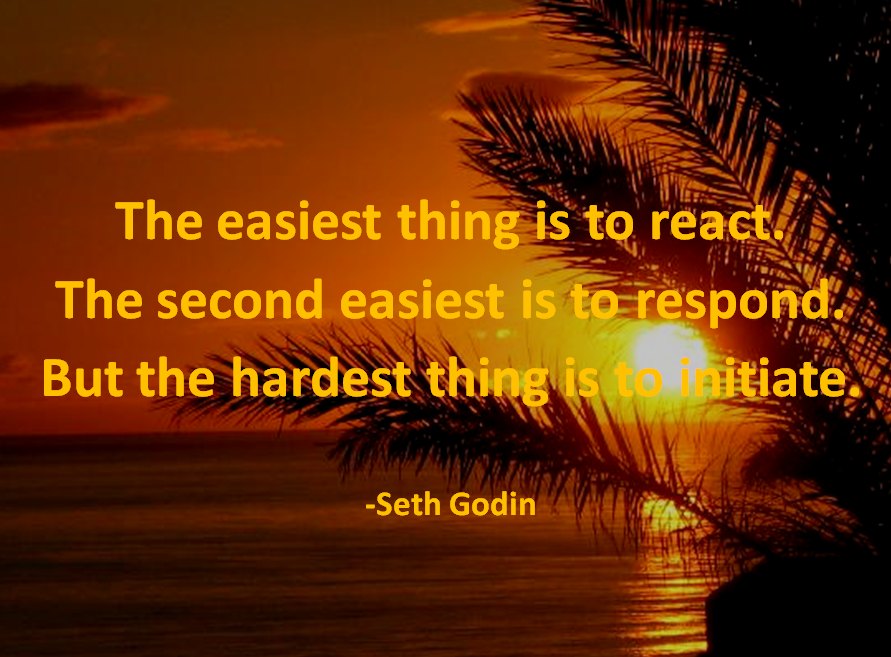Tag: creativity and innovation examples

11 Updates to Starbuck’s Creativity and Innovation
Social networking is not about farming followers, it’s a way of cultivating relationships. Interesting statement from Hubspot. Have you taken notice of Starbuck’s creativity and innovation? When choosing to learn from others creative strategies, it is always helpful to choose one of the top dogs, isn’t it? Meet Starbucks They have been successfully executing their…